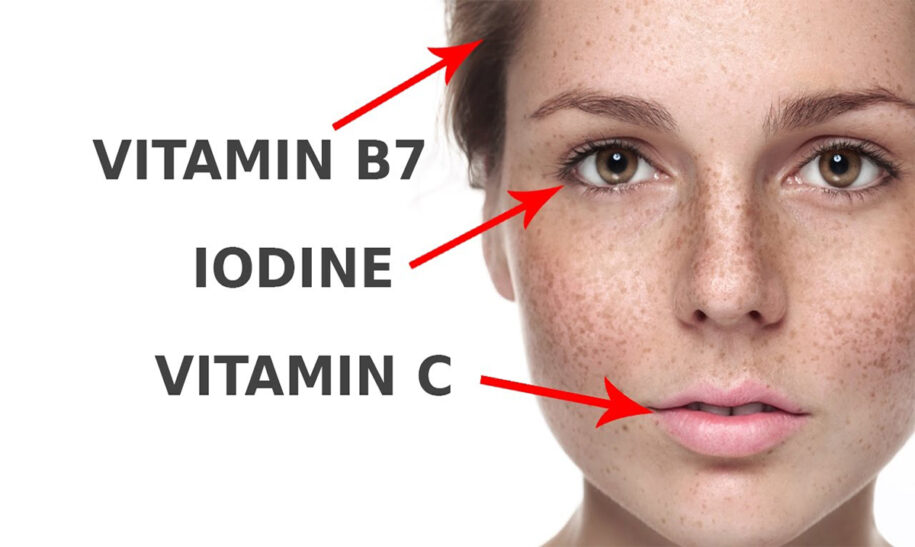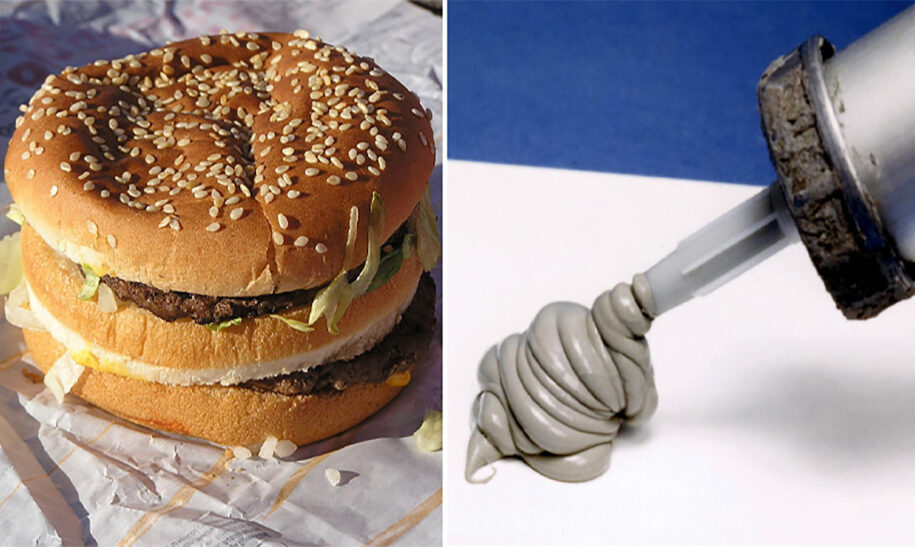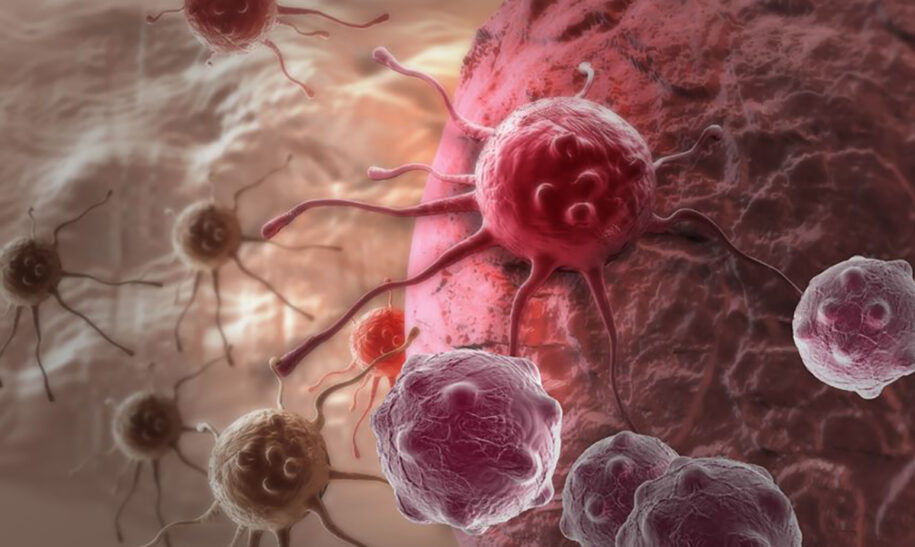
Sun Exposure: Cancer Cause or Part of the Solution?
Many people believe that the sun is harmful to the skin and that it causes cancer, however, this is just a corrupt lie made up by dermatologists and sunscreen manufacturers.
Dermatologists and sunscreen manufacturers want us to believe that the sun is dangerous for our skin and that we need their medicine and sunscreen to protect ourselves. Although many people have been convinced that sunscreen is necessary for an outdoors day, it’s not. Sunscreen actually has more of a chance at giving you cancer than the sun does.
Sunlight is not the primary cause of cancer, no matter what the dermatologists and big pharma say. Sunlight is actually amazing for your skin! In fact, many physicians and researchers believe that it could actually prevent cancer rather than cause it. It’s no wonder the big pharma and dermatologists lie to us, if they didn’t, none of us would need them. Sadly for them, there is a growing awareness about how corrupt the big pharma and cancer treatment facilities really are.
Most people believe that melanoma is caused by too much sun exposure, but that is incorrect. Melanoma accounts for just 2% of cancer cases but it is extremely aggressive. The majority of skin cancer deaths are related to melanoma. Although many people believe that sun exposure is the cause, researchers have found this to be false. Dr. Daniel Coit, a Surgical oncologist at Memorial Sloan Kettering Cancer Center shared his research on Melanoma at a 2012 MSKCC health education seminar.
He has cleared up some outrageous myths regarding the sun and melanoma. He says that most melanomas are not related to sun exposure – and using sunscreen or sunblock will not change your chances or prevent you from getting it. He explained that Melanoma is directly related to family history and it is a disease of gene mutations, according to Dr. Daniel Coit, MSKCC.
One British review performed in 2002 also showed that there was no link between sunscreen use and the prevention of melanoma. Even more startling, they also found that there was a significant increase in malignant melanoma with sunscreen use… That’s a bit ironic, don’t you think?
Many researchers and scientists believe that sunlight might even be able to prevent cancer. According to Dr. William B. Grant, Ph.D., epidemiologist, and founder of Sunlight, Nutrition, and Health Research Center, insufficient sun exposure will likely result in the deaths of over 50,000 Americans each year. Vitamin D increases cell differentiation, suppresses growth signals, reduces cell proliferation, reduces the effect of IGF-1 on cancer progression and it even inhibits angiogenesis!
So there you have it! You don’t have to annoyingly apply sunscreen or sunblock before heading down to the beach or the pool! Get out there and soak up the sun and have a great day! You might even get a tan too!







